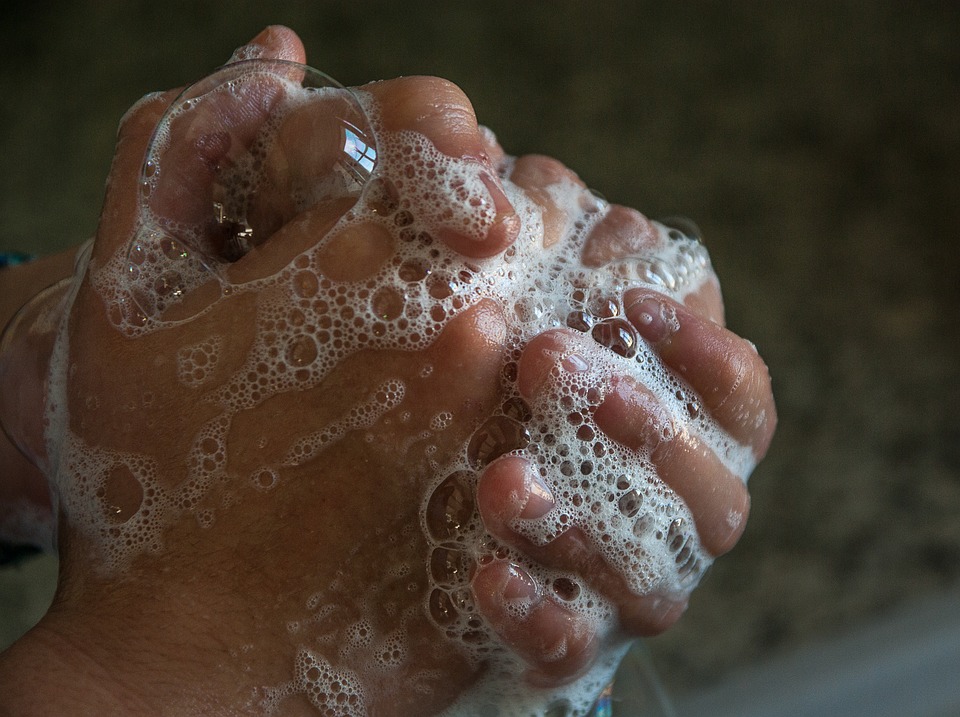A new study done by researchers from University of Queensland, Australia claims that a common ingredient in our toothpastes and hand washes might be making us resistant towards antibiotics. The study focused on the compound triclosan- an antibacterial and anti-fungal agent which is found in approximately more than 2000 personal care products. The study was published in the journal Environment International and was led by Dr Jianhua Guo from the Advanced Water Management Centre of the University. According to Dr Guo it is no secret that if not properly utilized, antibiotics could lead to the creation of ‘superbugs’, but researches in the past had not found any connection between other chemicals and antibiotic resistance. “We wondered whether non-antibiotic, antimicrobial (NAAM) chemicals such as triclosan can directly induce antibiotic resistance,” said Dr Guo.

Guo reported on the University’s official website that it was surprising that the wastewater that came out of residential areas had equal or more amount of antibiotic resistant genes than compared to those of hospitals, where one would expect high amount of antibiotics. Guo explains further, “These chemicals are used in much larger quantities at an everyday level, so you end up with high residual levels in the wider environment, which can induce multi-drug resistance”. The results are a strong indicator of the fact that the triclosan present in almost every other product that we use is accelerating the increase of antibiotic resistance.
The results of the research should be a wake up call for health regulation authorities all over the world. Antibiotic resistance is a threat to public health and if we take too long to take action it could lead to the development of several ‘superbugs’ in our surroundings. Chemicals such as triclosan should be properly regulated and effectively banned from products that one might frequently use. Zhiguo Yuan, Professor and Director of the Advanced Water Management Centre said, “While the US Food and Drug Administration (FDA) has banned the use of triclosan in antibacterial soap, the previous lack of unequivocal evidence prevented such a policy being adopted in other countries.” Currently approximately 700,000 people die because of antibiotic resistance since it makes treatment extremely difficult. If serious steps to prevent antibiotic resistance are not taken the number might increase and reach around 10 million by the year 2050, claims a report by the Review on Antimicrobial Resistance.

